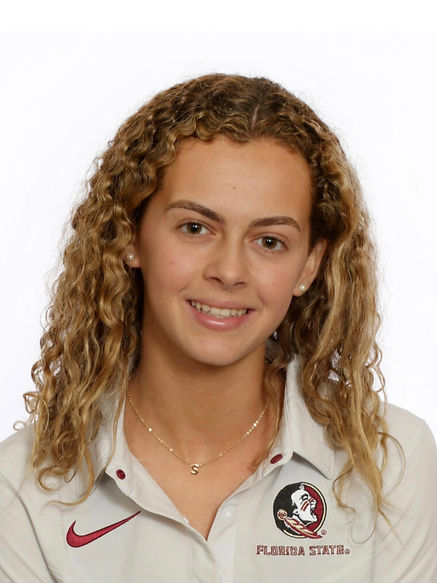Reflective Statement

As I look back and reflect upon my time in ENC 2135, I'm more than pleased with the knowledge I've gained throughout the semester and with my development as a writer. At the beginning of the semester, I remember reading through the syllabus, feeling overwhelmed with the workload all these projects entailed and the requirements behind them. I didn't know what to expect when I started conducting research for my discourse community of Women in Sports or how this information would impact me. I also remember feeling overwhelmed by the amount of writing the course would require. Not having taken an English class since high school, I experienced writers block during those first few QQC's and reflective journals. I would sit stuck for minutes on end about what to write about until my creative writing flow kicked in. It would be a lie if I didn't say the beginning was rocky for me, but I had to start somewhere in order to develop into the writer I am today.
When I began conducting research for my discourse community in Project 1and finding sources to use for my annotated bibliography, I had little to no knowledge whatsoever about women in sports and their roles in the sports industry compared to men. In reading over Driscoll's QQC about primary and secondary research, I learned the basic differences behind the two and a better idea behind the proper way to conduct formal research. Using primary research, I was able to develop a research question for my discourse community, which focused on women and how they're still underrepresented in the sports industry. Using secondary research, I then analyzed both scholarly and non-scholarly sources to build up my research and gain more knowledge about women in sports from reading about women who currently work in the industry and their experiences in it thus far.
From there, I took my primary and secondary research and applied it to Project 2. Rhetorically analyzing a text-based and non text-based artifact helped me gain even more knowledge about my discourse community of women in sports. I was able to understand even better the challenges women have faced in the past from working in the sports industry, but also analyze different perspectives that focus more on the improvements women have made in the sports world over the years. Using different rhetorical strategies, I was able to analyze my two artifacts and come to better interpret the main message that my discourse community wants to send to all current and future females interested in pursing a career in the sports industry, which is that the job for women in sports is not done yet.
In project 3, I had the ability to create my own genres that I believed would appeal to different audiences in my discourse community. In doing this, I first took the route of creating a PowerPoint visual element that showcased the history behind women in sports and the advancements they've made throughout the years. From there, another genre I developed was a podcast with a current female who I know that holds a job in the sports industry. In composing the questions for the podcast, I made sure to develop questions that would allow my discourse community the opportunity to hear from a current woman in sports and her experience working in the sports industry so far. Finally, the last genre I created was a written letter to the Director of Athletics at Florida State University proposing a panel idea of past female student-athletes at Florida State that could and talk to our current female student-athletes about what it means to be a woman in sports in the post collegiate labor force. My purpose behind this panel creation was to provide benefits towards the development of future female student-athletes and their post collegiate careers. Once again, by analyzing multiple rhetorical strategies in my genres, I was able to portray the message that my discourse community of women in sports wants to send to all current women in sport and future women that dream to hold such a career in the sports industry one day.
To conclude, my time in this class was more than anything I ever expected it to be. I never though that in such a short period time I could gain such beneficial information about my future discourse community and the improvements that are left to be made within it. When I started this course back in January, I wasn't even sure if this was the career route I wanted to take in the future, but after conducting research about women in sports and analyzing different perspectives, I'm more than sure about becoming a woman in sports one day. My dream is to help make a change in the industry for women and keep striving towards even more improvements and advancements for the next generation of future women in sports.